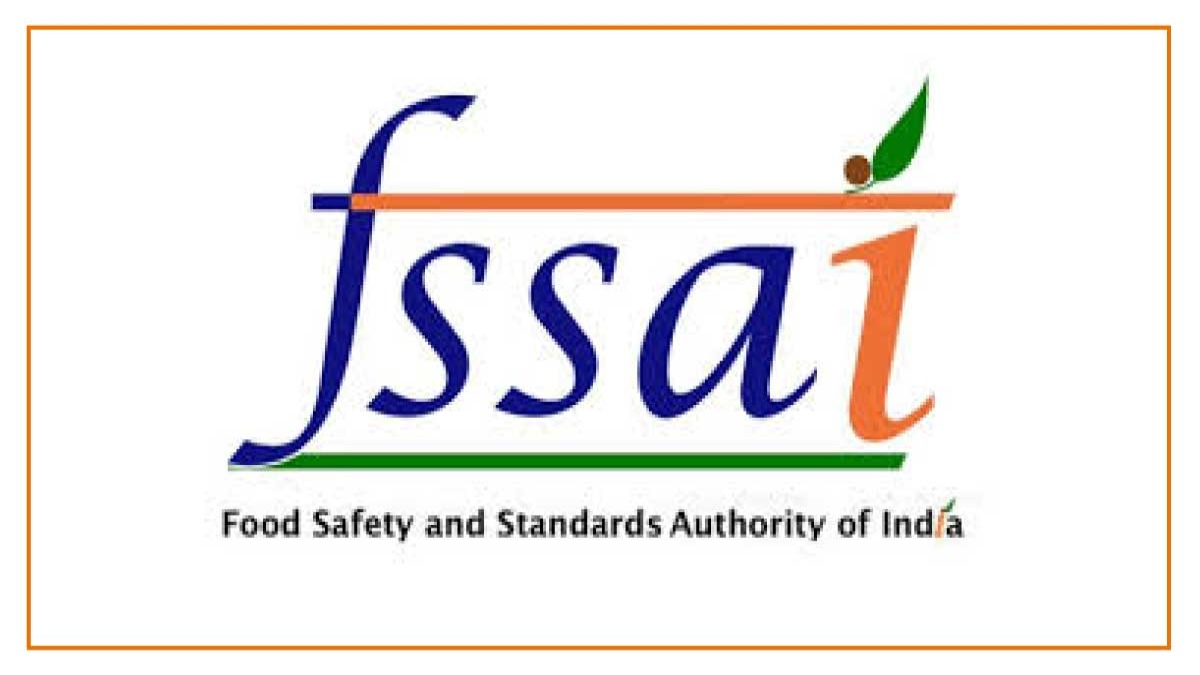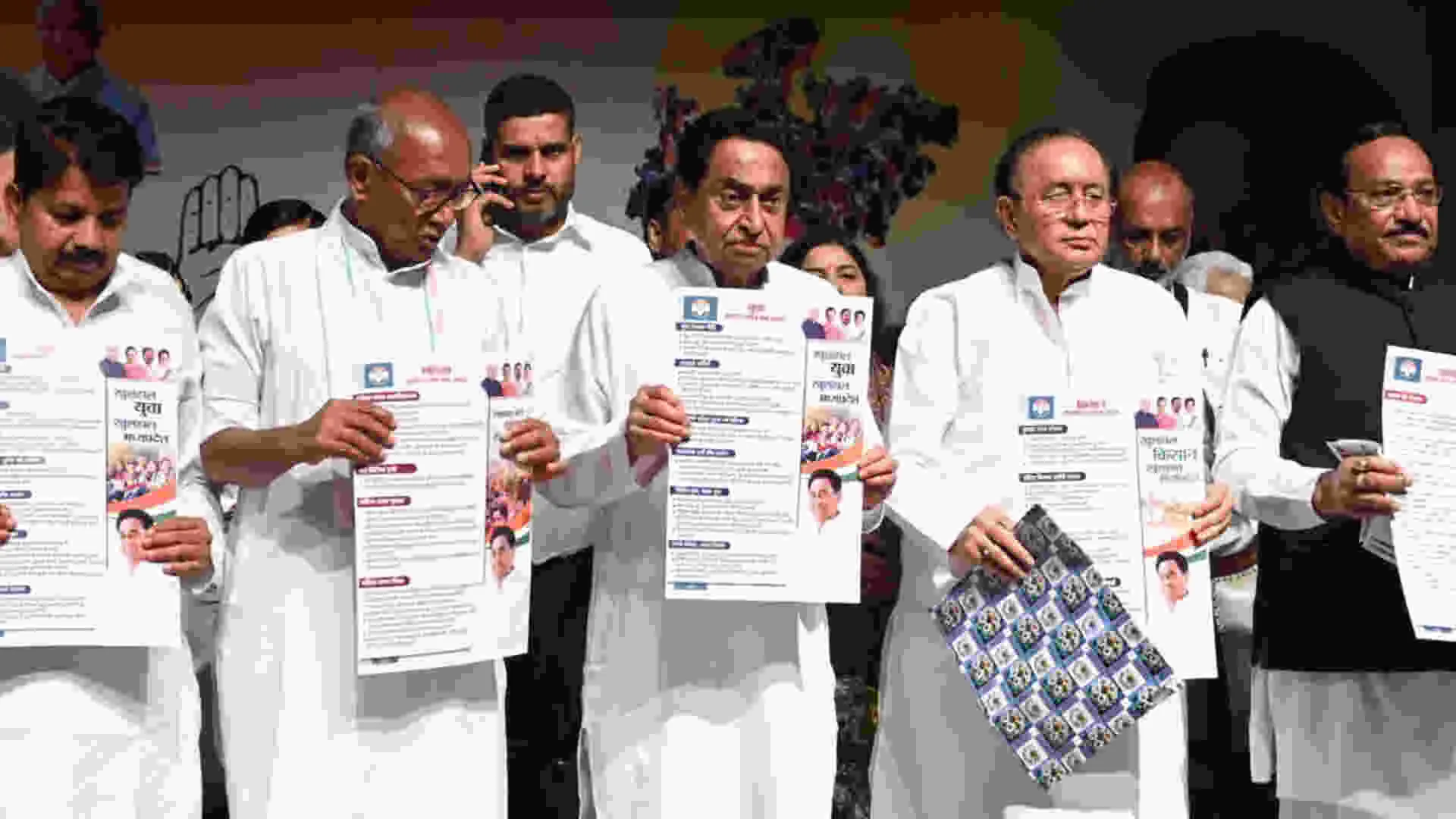With the massive shift in lifestyle, from eating out to ordering in, there seems to be a tipping point approaching the F&B scene in India. The pandemic has cost many jobs and livelihoods, and the Internet is flooded either with heart wrenching stories of those, or some of the most-happy ones by revival through a food business of some size that makes one self-dependent. Cloud kitchens are in vogue and so are home chefs that are mushrooming all across the country, which is great news for people who are worried about eating out (and, rightly so) because it means that they can get their favourite meals home delivered and have a great experience from the comfort and safety of their premises.
This is a win-win situation for both: a consumer as well as a home chef, some of whom are making a living through this business. However, this perfect yin and yang now sees a slight disturbance with these small home run F&B businesses in danger of facing a fine of Rs 5 lakh fine and maybe imprisonment for up to 6 months if they do not either get a registration or licensing done for their brand! Though the law has been there for almost a decade now (since August 2011), home bakers and chefs were a tiny percentage then compared to now. The boom of home chefs has come in the wake of the Covid pandemic, and different people view this law through their own perception. A valid FSSAI licence is mandatory for any home run F&B business that has a turnover of Rs 12 lakh and more, and a registration for a turnover below that. Amita Dev, whose brand HomeFed by Amita, was started during the lockdown and she feels that a registration is an added hassle, but has to be done. “People order from chefs they know and trust in terms of food quality, portions, etc. If I order some things from a lady down the road, I will continue to order from her despite the odds. But yes I think it will bring some sort of a standard for most.”
Social media platforms like LinkedIn and job portals are flooded with people looking out for new opportunities. With home fires burning for most, members of a family chip in together to start a small business so that they can make ends meet. For most, something related to food is the only way forward since as a population we are mostly unskilled to do anything else apart for the job that we have been trained for. There is also an image that has to be maintained in society that does not look kindly upon anything else other than a ‘white-collared job’ for an individual. Rajan Bedi, whose Rajan’s Rasoi kick-started in a commercial way only during the Covid times, says that it is “a simple process; one should just get it done. I am going to apply for it immediately.” The problem arises for people who are probably neither aware of this law or are not educated enough to go through the registration process. It is not the cost that is high; it is about being able to do so online and things like that, which need some amount of understanding.
For a consumer, it essentially means two things: a surety of hygiene and of course quality. Rajiv Aneja adds, “As an ex-restaurant owner, if there’s a kitchen that is commercial in any way, it should have a valid licence. There has to be a differentiator and once a business is registered there will be a check on taxes paid, Covid safety measures taken, hygiene and so on. I haven’t been stepping out for months now but have been ordering regularly from people I know personally. Not everyone knows each person who they order from and one thing I want to be sure of is where I get my food from.”
There is an argument about penalising the roadside thelas, tea shops etc. that do not have licenses or registrations, which is a fair point. However, one is prepared for the implications of that and has realistic expectations from them than say a restaurant or a home kitchen. Ruchika Bhargava, who has a cake brand Sinfull Temptations, says: “I definitely think it’s a good thing since it does give you a certain authentication and brings about a certain level. It is affordable. The fees aren’t high; neither is the waiting time. So, even for a small baker for me who does this part time, I feel that it is definitely worth it because it does take care of trust issues as well in these otherwise difficult times.”
While it is true that cooked food is safe to consume, it may be worth looking at the fact that a registration gives more than validity to a brand. As a consumer, I would certainly feel better in terms of ordering from someone whose brand is registered, even if I don’t know her/him personally, since that way I’m sure of food safety and hygiene norms being followed. Chandra Roy, a resident of Dwarka and a senior citizen, gets food delivered regularly since she is mostly living alone. She adds, “I order from people I know well because that way I am sure of the quality. Even though we keep getting ads of more home chefs and bakers here, we stick to the ones we know personally. If every home chef becomes licensed or registered, people like us will feel more at ease and assured in every way.
For most home chefs and bakers, this may also be a good time to retrospect how they want to move ahead: would they want to formalise what may have started during Covid in way of either a hobby or even a livelihood, or was it just a stop-gap arrangement till jobs are back and/or other businesses/work get back to normal. If someone is serious about their F&B business and is in it for the long run, this needs to be the way forward so that there is a standard maintained in terms of quality, quantity, hygiene, packaging, safety, and other parameters. It may seem like a bit of a hassle in the beginning, but desperate times need desperate measures, and this may just be the beginning of better things to come!






















